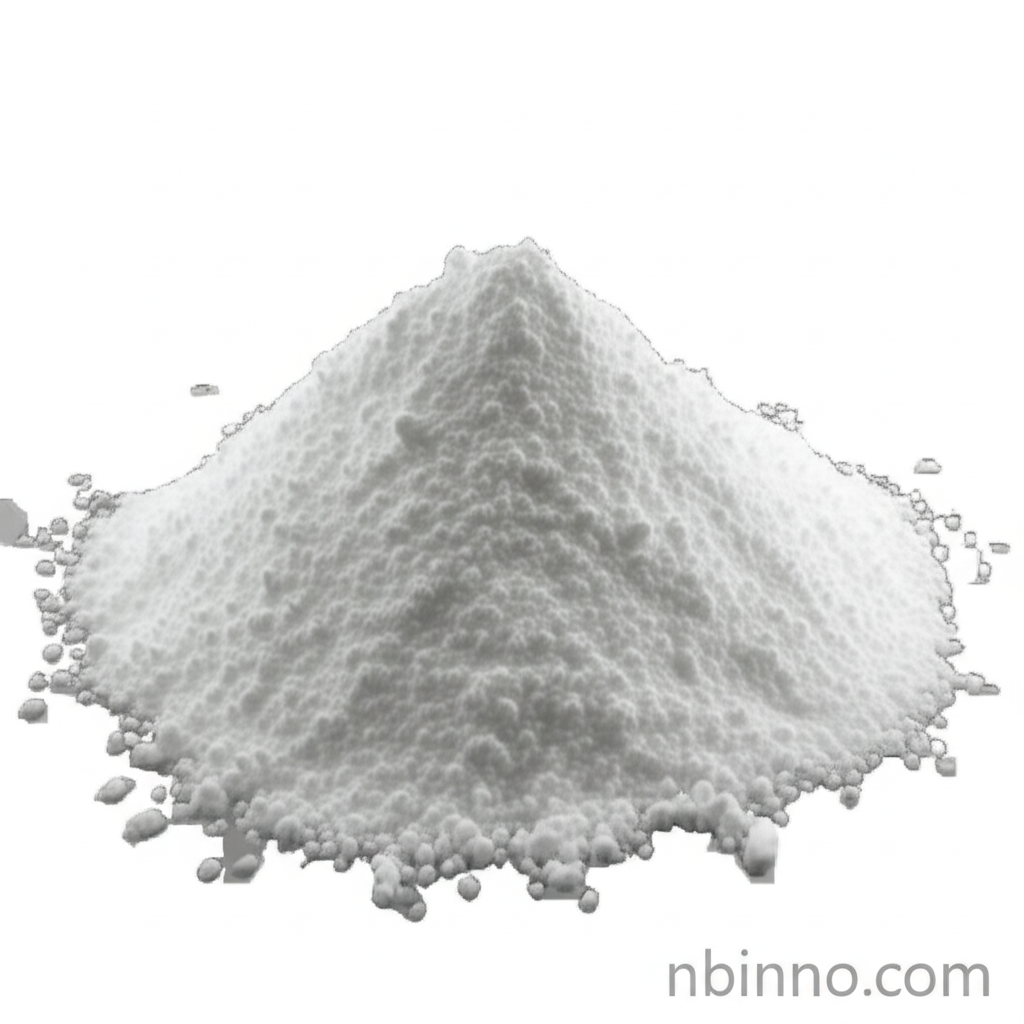Calcium Alginate: Properties, Applications, and Advanced Gel Systems Explained
Discover the multifaceted nature of Calcium Alginate, from its role as a key food additive and pharmaceutical component to its advanced applications in regenerative medicine through tunable hydrogel systems.
Get a Quote & SampleProduct Core Value

Calcium Alginate
As a leading supplier in China, we offer high-quality Calcium Alginate, a vital ingredient with diverse applications. Its unique ability to form gels and its biocompatibility make it indispensable across various industries. Explore its potential to enhance your products, from food formulations to advanced biomedical applications.
- Leverage the gelling capabilities of calcium alginate for innovative food products, ensuring excellent water retention for superior texture and mouthfeel.
- Explore the use of calcium alginate in pharmaceuticals, particularly for creating hemostatic gauze that promotes wound healing and offers antibacterial benefits, drawing on insights from advanced wound care research.
- Understand how the rheological properties of alginate gels can be precisely controlled for applications in regenerative medicine, as detailed in our exploration of injectable alginate gel systems.
- Investigate the industrial applications of calcium alginate, such as its use in welding rod coatings where its fine particle size and low salt content are crucial, highlighting its versatility as a chemical intermediate.
Advantages Offered by Calcium Alginate
Versatile Gelling Agent
Calcium alginate's ability to form thermally irreversible gels makes it a premier choice for various food and pharmaceutical applications, contributing to products with enhanced texture and stability.
Biocompatibility & Healing Properties
In wound care, calcium alginate excels by creating a moist healing environment, aiding in autolytic debridement, and promoting faster healing, a key aspect of advanced wound management strategies.
Tunable Material Properties
Through careful manipulation of alginate composition, molecular weight, and gelling ion concentration, researchers can tailor the rheological properties of calcium alginate gels, opening doors for sophisticated applications in regenerative medicine and drug delivery.
Key Applications
Food Industry
Utilized as a gel agent and thickener, calcium alginate enhances texture and water retention in products like jelly and processed foods, contributing to improved sensory experiences.
Pharmaceuticals
Key component in hemostatic gauze for its ability to promote wound healing and provide antibacterial action, alongside its role as a calcium agent in food additives.
Biotechnology & Regenerative Medicine
The tunable rheological properties of calcium alginate gels make them ideal for cell encapsulation and as scaffolds in tissue engineering and drug delivery systems.
Industrial Applications
Used in coatings for welding rods due to its fine particle size and low salt content, showcasing its utility in industrial chemical formulations.
